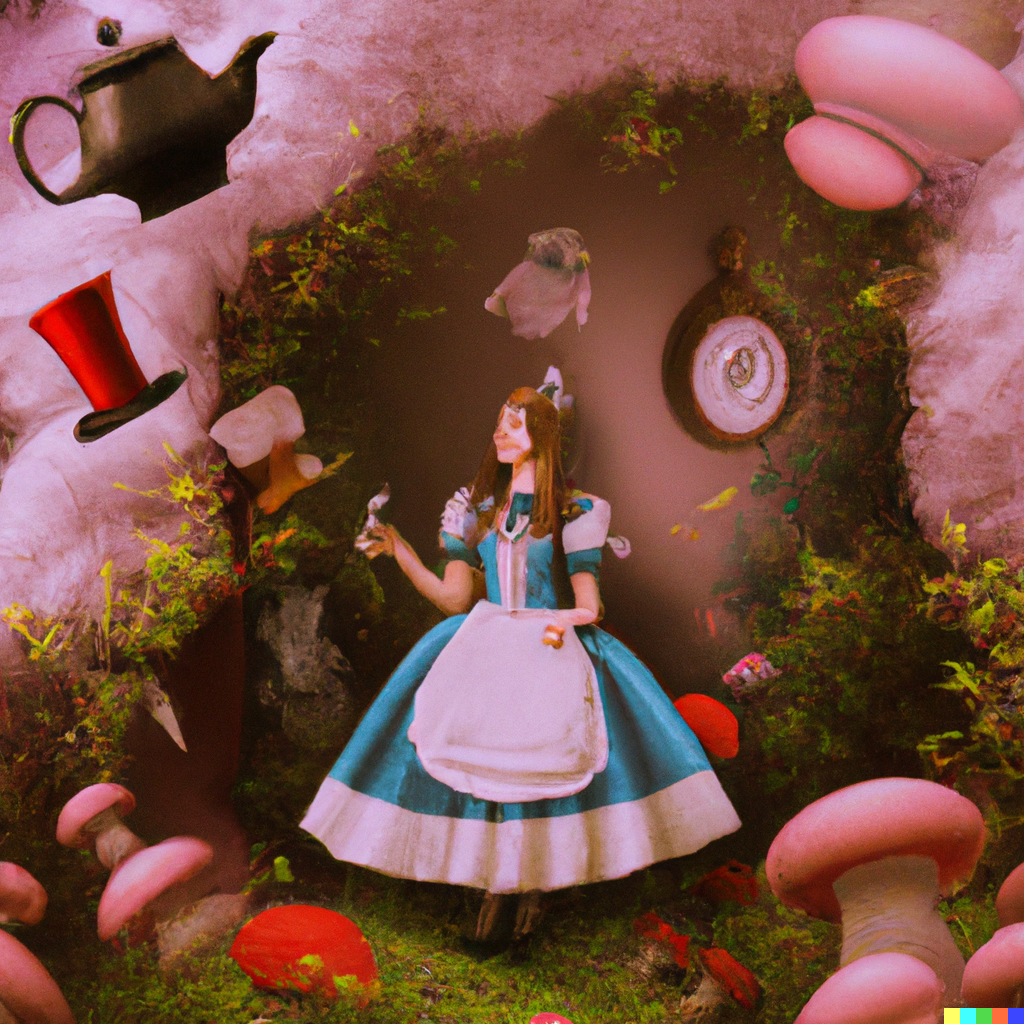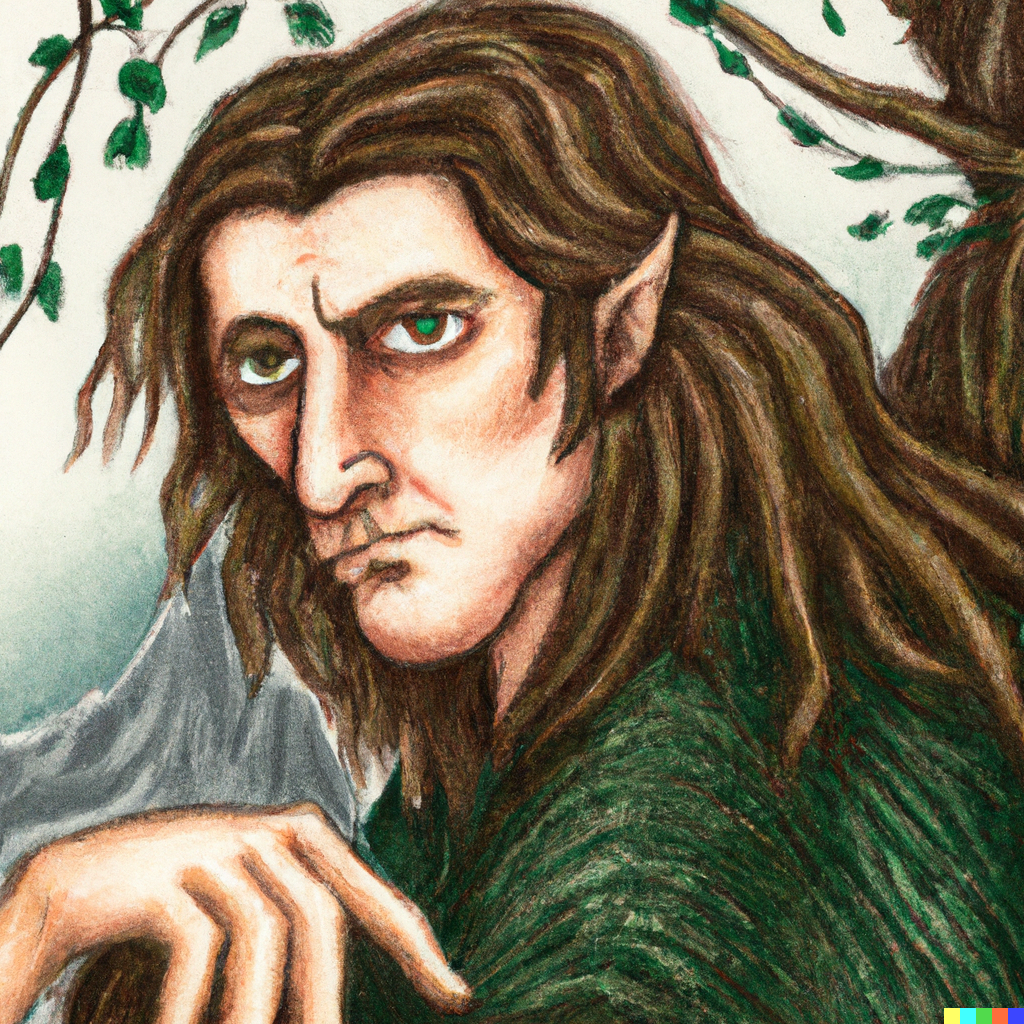|
Getting your Trinity Audio player ready...
|
Some people don’t know how literature can change your life. Even avid readers may not fully appreciate the effect it’s had on them.
We often talk about getting lost in a good book, but what does that really mean? On the face of it, it’s about being so absorbed by a great story that you practically forget real life. We can easily take it for granted and write off literature as mere entertainment or escapism, when it can do a great deal more.
How literature can change your life with the power to transport you to other worlds and times, introduce you to fascinating characters, and teach you important life lessons. Through literature, we learn about ourselves and the world around us, as we gain new perspectives and insights to change how we see and think.
In short, it’s incredible how literature can change your life, and in so many ways.
Exploring New Worlds and Gaining New Experiences

One of many ways literature can change your life is by providing new experiences and adventures. Reading a novel allows us to escape the confines of our own lives and to explore new places and cultures. These can be fictional and non-fictional.
We can travel back in time to the medieval period, or we can visit distant galaxies and meet alien life forms. Through literature, we can experience things that we never would have been able to experience in real life. We can also experience people and places that aren’t currently accessible to us, but which we could visit one day.
Just as we can traverse the fantasy lands of J.R.R. Tolkien’s Middle Earth, so can we experience faraway real places. Literature can open our minds to fascinating aspects of other cultures. It can inspire us to travel to them ourselves one day, when we have the resources, time, and ability.
Even if we are never physically able to, it has expanded our horizons. It has made us see a wider world than the one that awaits us right outside our front door.
Historical Fiction
Historical fiction does a job many might argue a pure non-fiction book could not do. How literature can change your life is in the way it brings the past vividly to life. It places the reader in the viewpoint of a person from the past.
That isn’t to say that history books aren’t full of specific detail. Of course, they are. But in history books, verifiable facts are of the utmost importance. Great historical fiction, on the other hand, is primarily concerned with character. By seeing history through a relatable character, it helps us understand that people of the past were just like we are.

Children’s book writer Jewell Parker Rhodes once said, “I love historical fiction because there’s a literal truth and an emotional truth, and what the fiction writer tries to create is that emotional truth.” While Australian journalist and novelist Geraldine Brooks explained that historical fiction takes the “factual record…[uses] that as scaffolding, and then…[lets] imagination build the structure that fills in those things we can never find out for sure.”
What they were both pointing to is that although historical fiction isn’t the truth, it has an emotional truth that lets modern-day people relate to the past. In so doing, it can increase our interest in earlier time periods/cultures and inspire us to read more history. This in turn can broaden our understanding of the world and ourselves.
Sci-Fi and Fantasy Fiction
In a similar fashion, stories about fictional worlds, although they may be fantastical, can also help us better understand ourselves. The greatest sci-fi and fantasy works are actually about us and others like us in disguise.

The outlandish, magical elements are often a way of exploring either our culture and values or others through an imaginative lens. Empathising with aliens in a novel, for example, can create empathy in us for other people in our world who seem to be different.
How Literature Teaches us Lessons
Literature can change your life by teaching important lessons. Many books contain moral and ethical dilemmas that allow us to explore complex issues and consider the consequences of different actions.
Dostoevsky
One of the world’s most famous novels which explores such a dilemma is Fyodor Dostoevsky’s Crime and Punishment. This epic work concerns itself with the character of Rodion Romanovich Raskolnikov, a destitute, starving student in 19th century Russia. Impoverished and at his wits’ end, he considers murdering a wealthy, crooked pawnbroker and stealing her fortune.
His justification is that the great things he could do, once he escaped poverty, outweigh the life of a terrible human being. But he bungles the murder, accidentally killing her innocent half-sister as well as the pawnbroker, and skulking away with very little money. Ultimately, he is driven increasingly mad by his own guilt.
Crime and Punishment plays a fascinating trick. At first, it gets the reader to empathise with Raskolnikov’s plight. We understand the extreme disparity in his life and the unfairness that allows him to suffer while terrible people prosper. The dilemma of whether one can justify murdering a bad person to free oneself from poverty is handled with complexity. We understand his motivations deeply.
Afterwards, despite all his previous justifications, he is wracked with guilt. So, we are taught a moral lesson through Raskolnikov’s eyes. Rather than doing so didactically, however, Dostoevsky takes us intimately through his internal journey. He makes us care about a murderer and think about how we ourselves might behave in a similar scenario.
While this extreme example shows how literature can change your life, it can also teach us the importance of such things as loyalty, friendship, and courage.
Tolkien

In his fantasy novels, Tolkien depicts things such as how extreme circumstances can form everlasting bonds of friendship.
And he shows how those friendships can inspire great and noble sacrifice to protect one another and the world at large.
Reading these stories help us gain a better understanding of our own nature and that of the world that surrounds us.
How Literature helps us make Personal Connections
Literature can change our lives in very personal ways. Reading a book can be a deeply emotional experience, and it can help us to better understand our own feelings and experiences. I still feel teary when I read some sections of my own novels, even though I read and re-read them countless times while editing. These feelings arise through the personal connections we make with the characters in the story, and are different for everyone.
Reading about characters who are struggling with similar challenges we may be facing or have faced, we can feel less alone, and we may gain new insights into our own lives. We can also learn to empathise with others and see the world from different perspectives.
Everything in the previous sections coalesces around this point. True, literature can broaden our horizons, show us new worlds, and can help teach us lessons. But above all else, it helps us to understand ourselves better.
The Powerful Effect of Seeing Life through Fictional Characters
By vicariously living through the lives of other characters with whom we can relate–whether they are from our own culture or not or are facing the same challenges as us—we can extrapolate onto our own lives. Literature can provide us emotional support and help us make decisions about how we want to live.
American novelist Tim O’Brien said, “That’s what fiction is for. It’s for getting at the truth when the truth isn’t sufficient for the truth.”
This may seem paradoxical. But what he was getting at, is something storytellers have known throughout history. And a strong argument could be made for it being the reason people tell fictional stories.
We don’t connect to dry facts with ease. But when someone relays facts through imagination, we become receptive. That is how literature can help change your life.
We often find it easier connecting with the innermost thoughts of a fictional character than with other people in our lives. This may be because we only guess what’s going on in another’s mind.
Literature allows us to imagine how others might think and feel. As if by magic, by connecting with fictional characters, literature builds our ability to empathise with real people.
Final Thoughts
Literature has the power to change our lives in countless ways. Whether it’s by providing new experiences, teaching important lessons, or helping us understand ourselves and others.
Literature has the ability to enrich our lives and make us better, more empathetic, and well-rounded.
Sources
- Tolkien: Maker of Middle Earth
- Towers Falling Author Jewell Parker Rhodes on Writing for Children, Diversity in Lit, and How Books Can Heal – Melissa Albert – July 29, 2016
- Geraldine Brooks Talks About March – Geraldine Brooks
- An Analysis of Crime and Punishment – Paris Whitney – December 7, 2021
- The Things They Carried by Tim O’Brien – May 18, 2014

